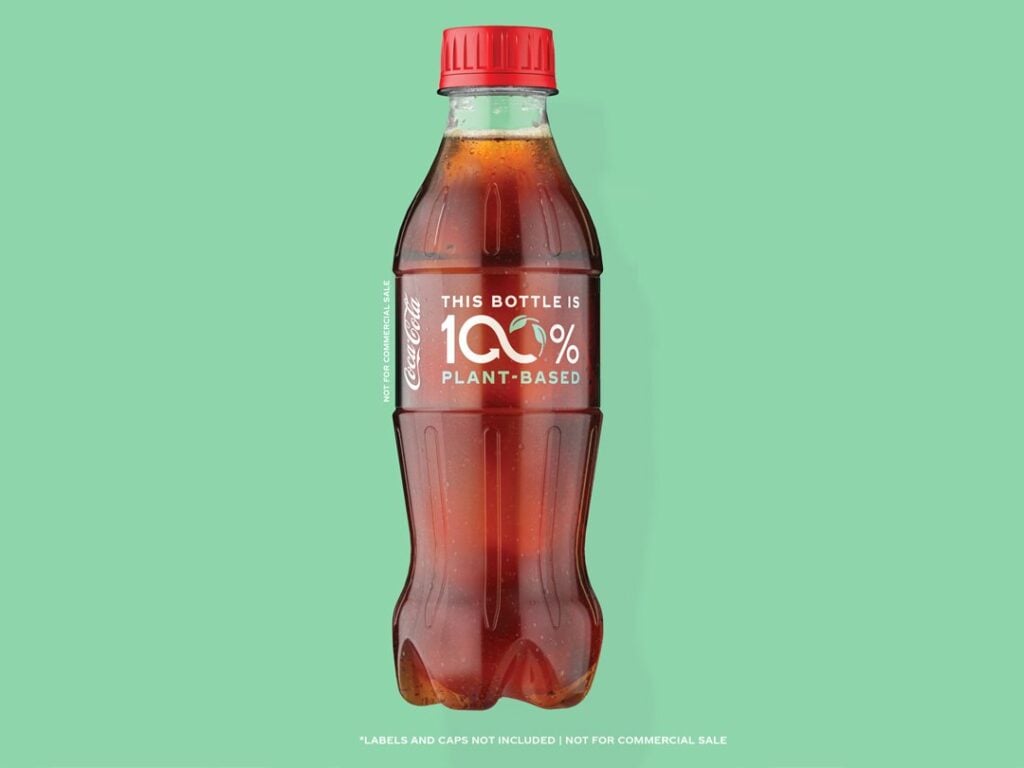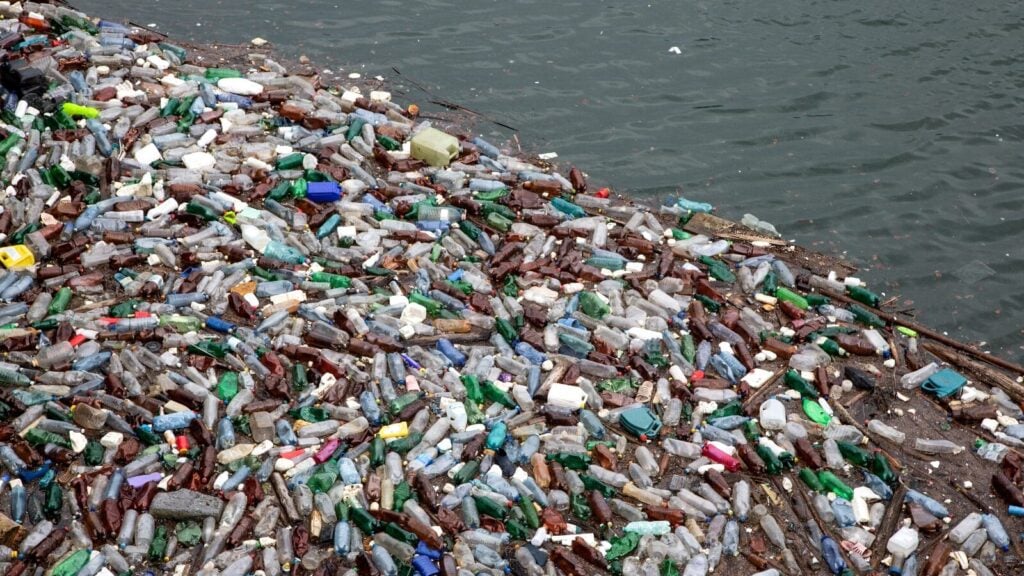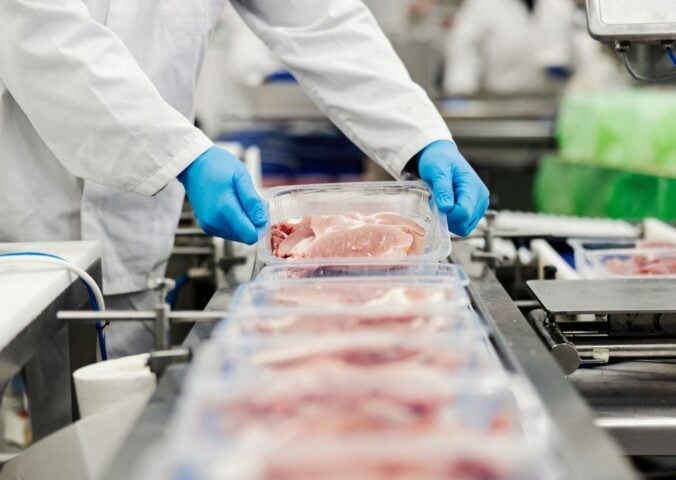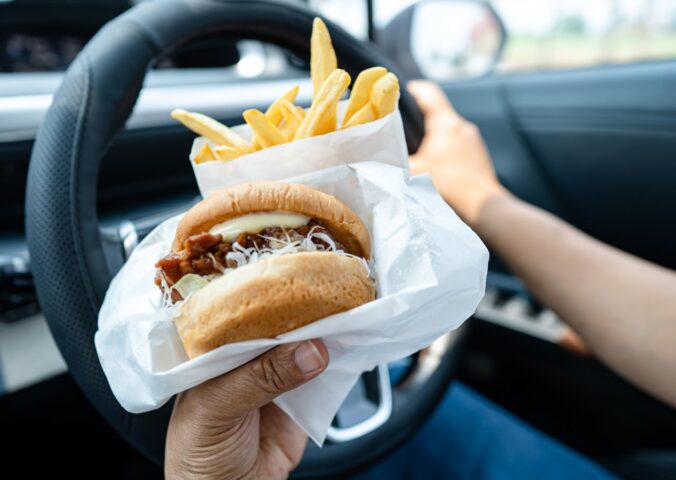The Coca-Cola Company has just unveiled its first-ever bottle made of plant-based plastic. It comes as the mammoth beverage company is named the world’s worst corporate plastic polluter for the fourth year in a row.
Plant-based plastic
The new prototype bottle contains plant-based paraxylene (bPX), which was made using sugar from corn. Coca-Cola teamed up with plant-based plastic company Virent to convert the bPX into a plant-based terephthalic acid (bPTA).
The technology is ready to be scaled up commercially, it says. However, the company notes the cap and label are still not plastic-free.
It comes more than a decade after Coca-Cola introduced its PlantBottle – the world’s first recyclable PET plastic made with up to 30 percent plant-based material. The company rolled out a limited run of the PlantBottle, producing only 900 of them in 2009.
“We have been working with technology partners for many years to develop the right technologies to create a bottle with 100 percent plant-based content—aiming for the lowest possible carbon footprint,” said Nancy Quan, Chief Technical and Innovation Officer at the Coca-Cola Company.
“And it’s exciting that we have reached a point where these technologies exist and can be scaled by participants in the value chain.”
Dana Breed – the company’s Global R&D Director, Packaging and Sustainability – echoed the sentiment.
“Our goal is to develop sustainable solutions for the entire industry. We want other companies to join us and move forward, collectively. We don’t see renewable or recycled content as areas where we want competitive advantage,” they explained.

Coca-Cola’s problematic past with plastic
Coca-Cola has repeatedly come under fire for its dizzying plastic use.
Last year, the company revealed that more than 1.9 billion servings of its drinks are consumed in more than 200 countries every day.
Break Free From Plastic – an anti-plastic movement with more than 11,000 organizations and individual supporters – recently released a report tracking corporate plastic pollution.
It included 440 brand audits across six continents, and involved the collection of more than 330,000 pieces of plastic pollution.
The report named Coca-Cola as the world’s top corporate polluter for the fourth consecutive year. This is despite the company’s 2018 pledge to collect one bottle for every one sold.
“Plastic is a significant contributor to the climate crisis. If plastic’s life cycle were a country, it would be the fifth largest emitter of greenhouse gases in the world,” the report reads. “Even more concerning, left unchecked, plastic production is expected to double within the next 20 years.”
It explained that 69 of the 100 largest economies in the world are not countries, but companies.
The report continued, “Corporate actors must lead the way to a plastic-free and climate safe future, because they have the power, the means and resources to transform this vision into reality.”






